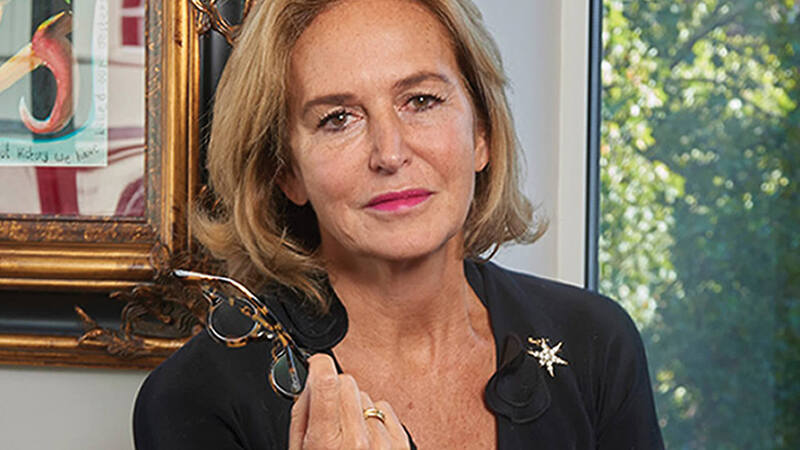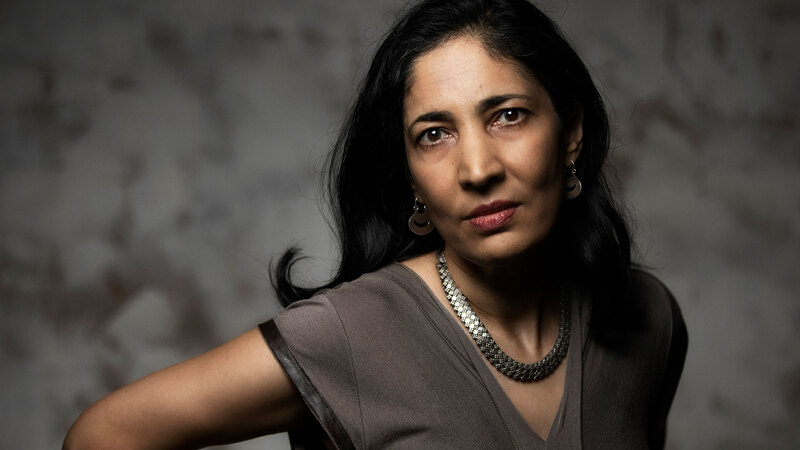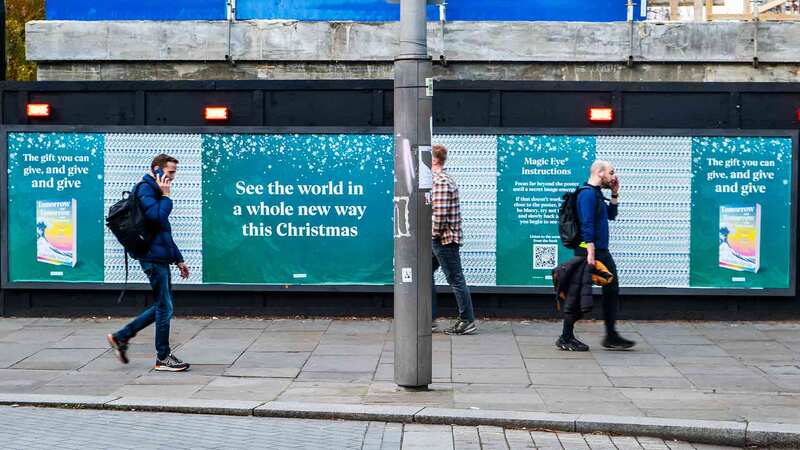You are viewing your 1 free article this month. Login to read more articles.
Zyxt appeal: the secret language of words
A passion for words is a given for an author, but Mark Forsyth, writer of The Inky Fool blog and now a book, The Etymologicon, is genuinely obsessed with the origin and meanings of words. Over the course of our conversation I learn that "Soho" was originally a hunting cry meaning "I've seen a hare", Walthamstow means "sacred place that welcomes strangers" and that the last word in the Oxford English Dictionary is "zyxt", meaning "you say" in Kentish dialect.
"It's the silliness of the English language that drives me and makes me laugh," Forsyth explains with enthusiasm. "You look up a word like 'kiosk' and you find it means 'Turkish palace', and you think, what? How? Really? It feels to me like wandering around a network of streets that you know and nobody else does."
Forsyth's first book, The Etymologicon, is subtitled "A circular stroll through the hidden connections of the English language". It begins, aptly enough, with the word "book": "This is a book", he writes. "The glorious insanities of the English language mean that you can do all sorts of odd and demeaning things to a book. You can cook it. You can bring a criminal to it, or, if the criminal refuses to be brought, you can throw it at him. You may even take a leaf out of it . . ." and he's off into an amusing and absorbing explanation of the phrase "a turn-up for the books".
Each short chapter covers the history of another word or phrase, before ingeniously linking to the next. The style is chatty and enlightening despite the slightly forbidding title (from a word invented by the poet Milton meaning a book containing etymologies). The book was originally titled Point Blank Check Mate: The Inky Fool's Book of Word Association. Forsyth explains he was aiming for "an awful lot of scholarly information being worn as lightly as possible. Everybody loves to know where words come from, and the connections between things and [this is] a very long ramble on that subject."
The Etymologicon sprang from The Inky Fool, the blog about words which Forsyth began in 2009. It now has about 1,000 hits a day from followers as far afield as Tierra del Fuego. He posts every day on an aspect of the English language. "I often find myself getting carried away," he says of the blog. "I write a post on one word or one bit of etymology and then go, oh, by the way it also relates to this, and this, and this because there's always another connection. That's the thing about the English language."
Forsyth is a familiar face at the British Library where he researched The Etymologicon using the multi-volume Oxford English Dictionary as a starting point. Parts of the book are his original research. "For example, I dated the word 'crap' to 50 years earlier than anyone else has found a citation for," he says delightedly. Elsewhere he has taken individual pieces of existing research and linked them together for the first time.
"I kept writing plans for the book, and how it would develop and then I'd be writing about a word and suddenly discover something else. Every plan I made ended up being screwed up and chucked in the bin because there was always something new."
Throughout the book Forsyth has concentrated on the more obscure connections between words. "At every point I wanted to do the less obvious," he says, "the one which people at the dinner party don't already know". The book will also contain etymological quizzes. Sample question: Which politician's name means blessed, handsome and crooked? Answer: Barack Hussein Obama: Barack is Swahili for blessed, Hussein is Arabic for handsome and Obama is Dholuo for crooked. Or how about the pop star whose name means "tattooed javelin player"? Britney Spears, of course. (Britney was a surname meaning British. Britain comes from "Prittanoi", which means "the tattooed people". Spears is a shortening of 'spearman'.)
He finds it hard to pick his favourite connection from the book, although he is very pleased with the link he has made between California and caliphate. "I loved discovering that Harold Bluetooth, after whom Bluetooth technology was named, was the father-in-law of Queen Gunhilda, after whom guns were named.
"My favourite is usually the last one I've found out though." And, interview over, he's off to the British Library to research the etymology of Google - does it come from the 1900 jazz hit "The Goo-Goo Song"?
The Etymologicon by Mark Forsyth is published by Icon Books.














